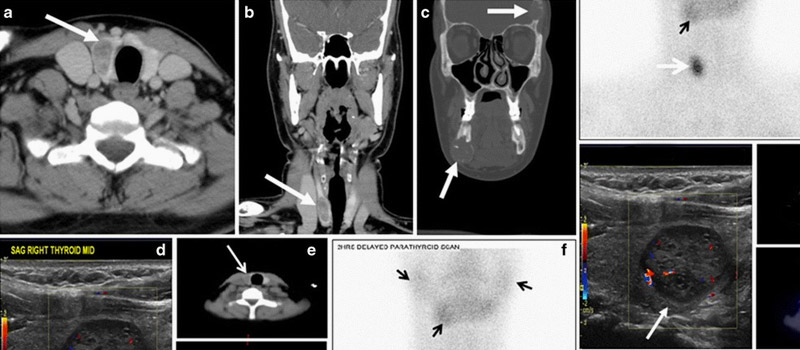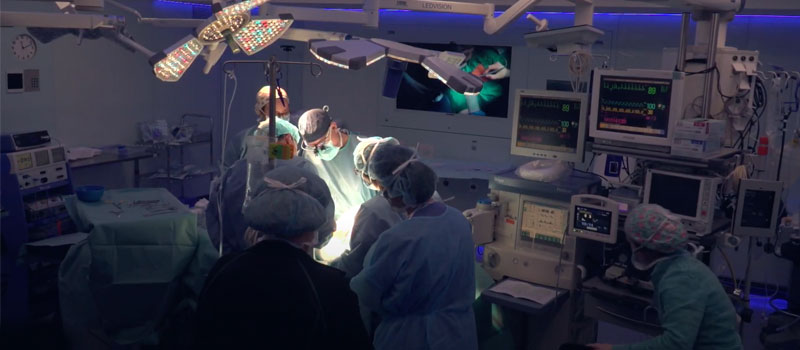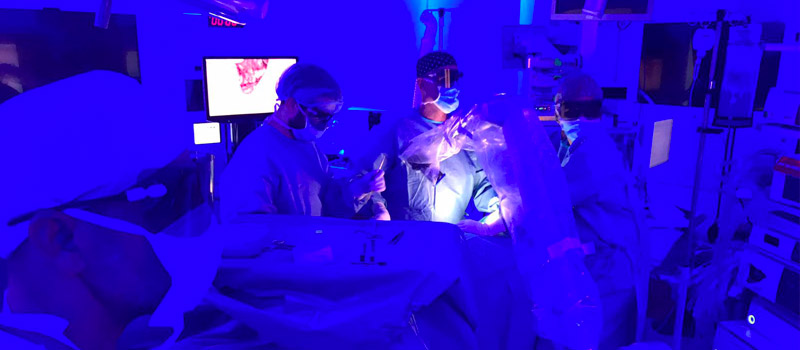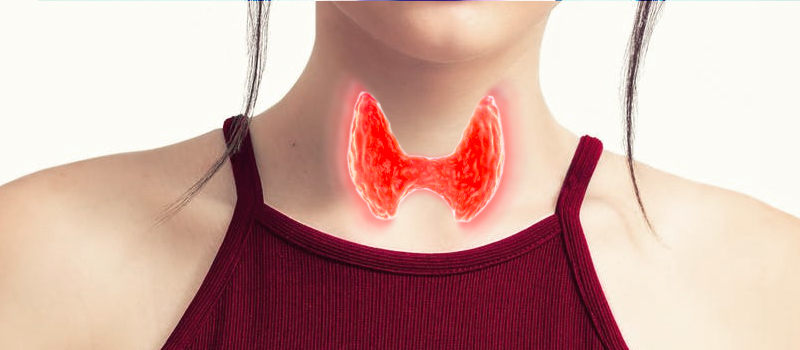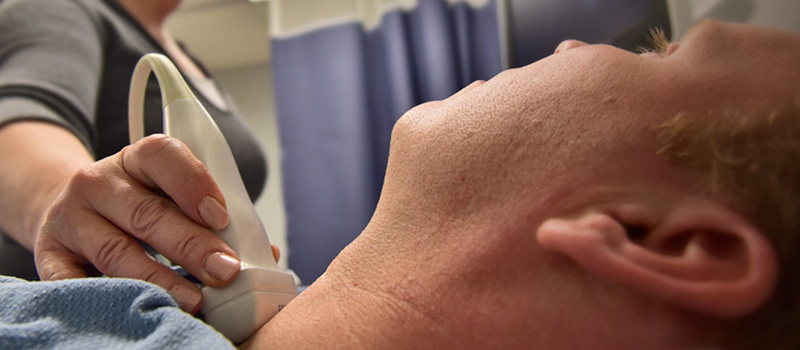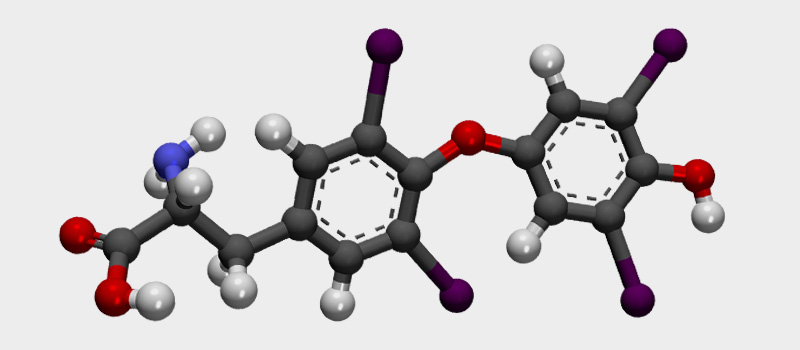-
11 August, 2021
How to find out if we have alterations in thyroid function?

Many times we wonder if the thyroid gland is working well for us. Faced with this doubt, we receive confusing information about what it is and about the consequences of suffering alterations in thyroid function. For physicians who deal with thyroid diseases, discerning this can be easy at times, but for the patient who is at home and has unspecific discomfort and symptoms, taking the step to visit their thyroid specialist may be a difficult decision. Read more…
-
26 May, 2021
Finding thyroid cancer metastases using preoperative SPECT-CT lymphography

Thyroid diseases in general, and thyroid cancer in particular, are pathologies on the rise. Its diagnosis and treatment require increasing precision and effectiveness. It is becoming increasingly important to be able to offer patients healing options, especially when faced with cancer. In this sense, knowing that thyroidectomy is the treatment of choice, it is vitally important to be able to eliminate the tumour and prevent the possible appearance of thyroid cancer metastasis. Thanks to lymphography with SPECT-CT, we can identify affected lymph nodes and export them accurately. All this in a single intervention, during the same thyroid cancer treatment surgery. In addition, we can obtain all the necessary information to plan and personalize subsequent treatment and follow-up.
-
11 November, 2020
Ten things to know when choosing your thyroid surgeon

Thyroid surgery is one of the most frequently performed surgeries in our hospitals. This is because morphological and functional alterations of the thyroid gland can have a prevalence of up to 67%, depending on geographical area. Despite being a common intervention, it is not an easy procedure. You need a deep anatomical knowledge of the neck region, delicacy and precision in treating the tissues to avoid collateral effects and possible complications. The biggest challenge facing the patient is choosing the most competent and prepared thyroid surgeon. For this reason, we believe that it is important to know some objective criteria to identify the ideal endocrine surgeon for you and to be able to make the decision. It is important who operates on you.
-
18 November, 2019
Adrenal gland surgery: How to select the best approach?

Before any type of surgery, including adrenal gland surgery, the surgeon needs to work with a multidisciplinary team to evaluate and determine preoperative biochemical management, anatomical location, cardiopulmonary evaluation and necessary optimization. Once these conditions have been met, it is crucial to select the most appropriate surgical approach to guarantee the best surgical and oncological results.
-
13 August, 2019
Thyroiditis: What is it, diagnosis and treatment options

Thyroiditis is a group of thyroid diseases primarily characterised by an inflamed thyroid. This term encompasses a wide range of entities. From rare acute infectious thyroiditis, subacute lymphocytic thyroiditis or drug-induced inflammation, to the more common chronic autoimmune thyroid inflammation or Hashimoto’s thyroiditis.
-
22 October, 2018
Thyroid nodule diagnosis, how to tell if it is benign

The importance of studying a thyroid nodule lies in being able to gauge the nature thereof; i.e., we are concerned whether it is benign or not. Once we have this information, we can plan the course of action to take. Nowadays, we have highly reliable and specific thyroid nodules diagnostic tests. Let us see what they are and how they work… Read more…
-
13 June, 2018
Postoperative hypothyroidism: Symptoms, causes and what to do

As we have mentioned previously, levels of thyroid hormone/levothyroxine need to be adequate after thyroid surgery. In spite of physicians seeing patients periodically for follow-up of symptoms and testing, primarily with thyrotropin (TSH), in some patients, TSH levels will remain slightly elevated on apparently correct doses of thyroid hormone. These patients, with low levothyroxine or high TSH levels, experience the unpleasant symptoms of postoperative or subclinical hypothyroidism.




